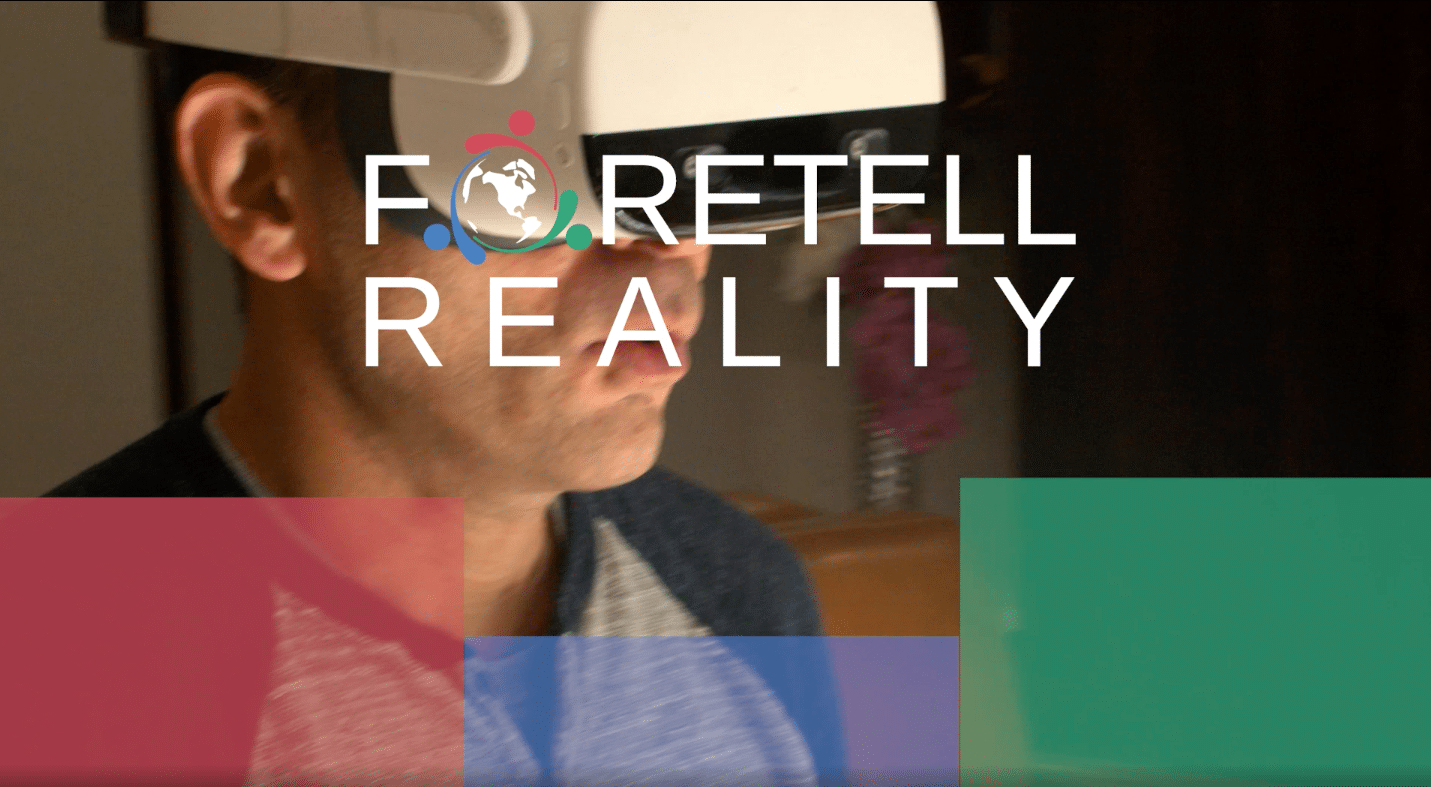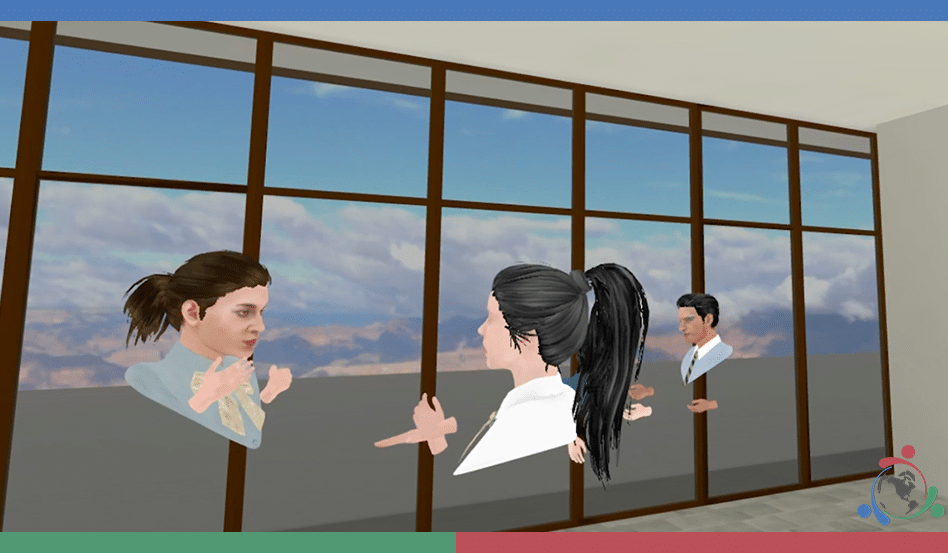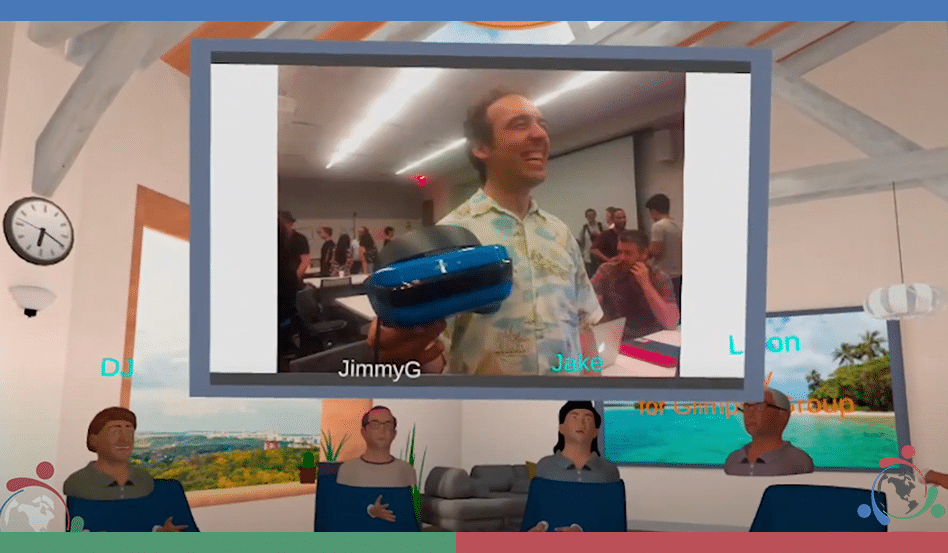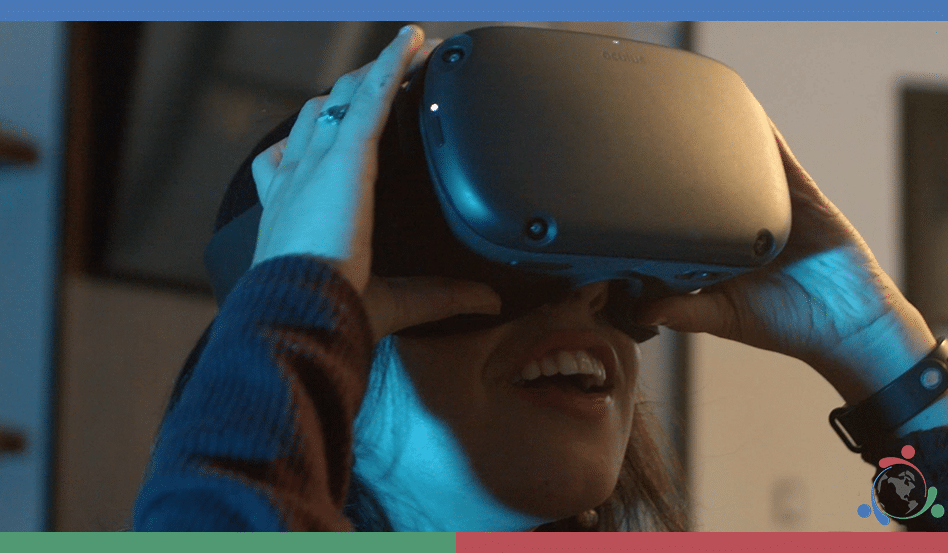Due to stay at home orders and rules of social distancing, it is becoming harder to go on spontaneous first-dates at restaurants, bars, or just out in public. Just in time to solve this issue, Virtual Reality (VR) offers a technological alternative to dating apps that actually allows people to “go” on dates by interacting in shared settings through lifelike avatars.
Additionally, the anonymity provided by an avatar allows the ability to be more open and exploratory during an initial date or dates prior to revealing ones actual identity. And activities like playing games together in VR can break the ice and create a stronger connection.
And once a relationship matures in VR, some people may even choose to tie the knot. For example, a couple recently married in VR surrounded by remote guests all wearing appropriate wedding attire and surrounded by a beautiful virtual world.
VR further proves its versatility and value in not only serving as a medium for which people can go on dates and even get married, but as a technology that offers programs that help people become more socially competent and comfortable when it comes to dating.
Through avatars and realistic scenarios, VR has the potential to offer people the ability to engage in date coaching to prepare for actual physical encounters once the pandemic subsides.Whereas people may be afraid to reach out and take action to become more social because of the lack of confidence, embodying a virtual body, whether anonymously or not, can allow people to build up their dating skills without the typical fears and self-consciousness that may be associated with this kind of self-improvement.
VR has the ability to impact behavioral health not just in the dating realm, but in terms of one’s overall mental health. Yes you can help change behavior by helping someone overcome the nerves of asking someone on a first date, but behavioral health offers more generalized anxiety treatments as well. For example, VR therapy in VR is being used to treat anxiety disorders and is becoming especially relevant during the pandemic to help with feelings of isolation. A recent article in Frontiers in Psychiatry states that “VR exposure therapy (VRET) permits individualized, gradual, controlled, immersive exposure that is easy for therapists to implement and often more acceptable to patients…” From teaching and making people more comfortable with dating and socialization skills to helping patients mental health issues, VR is developing programs that directly deal with the issues challenging social and anxiety issues.
Foretell Reality works with a variety of individuals, institutions and organizations to develop specialized VR programs for a variety of behavioral health applications. We are always exploring new use cases and ways in which this powerful medium can help humans better communicate both remotely and when together in the same space.



















Recent Comments